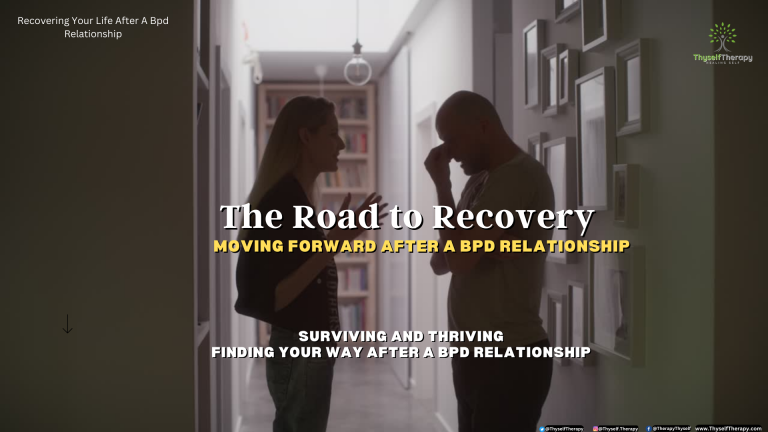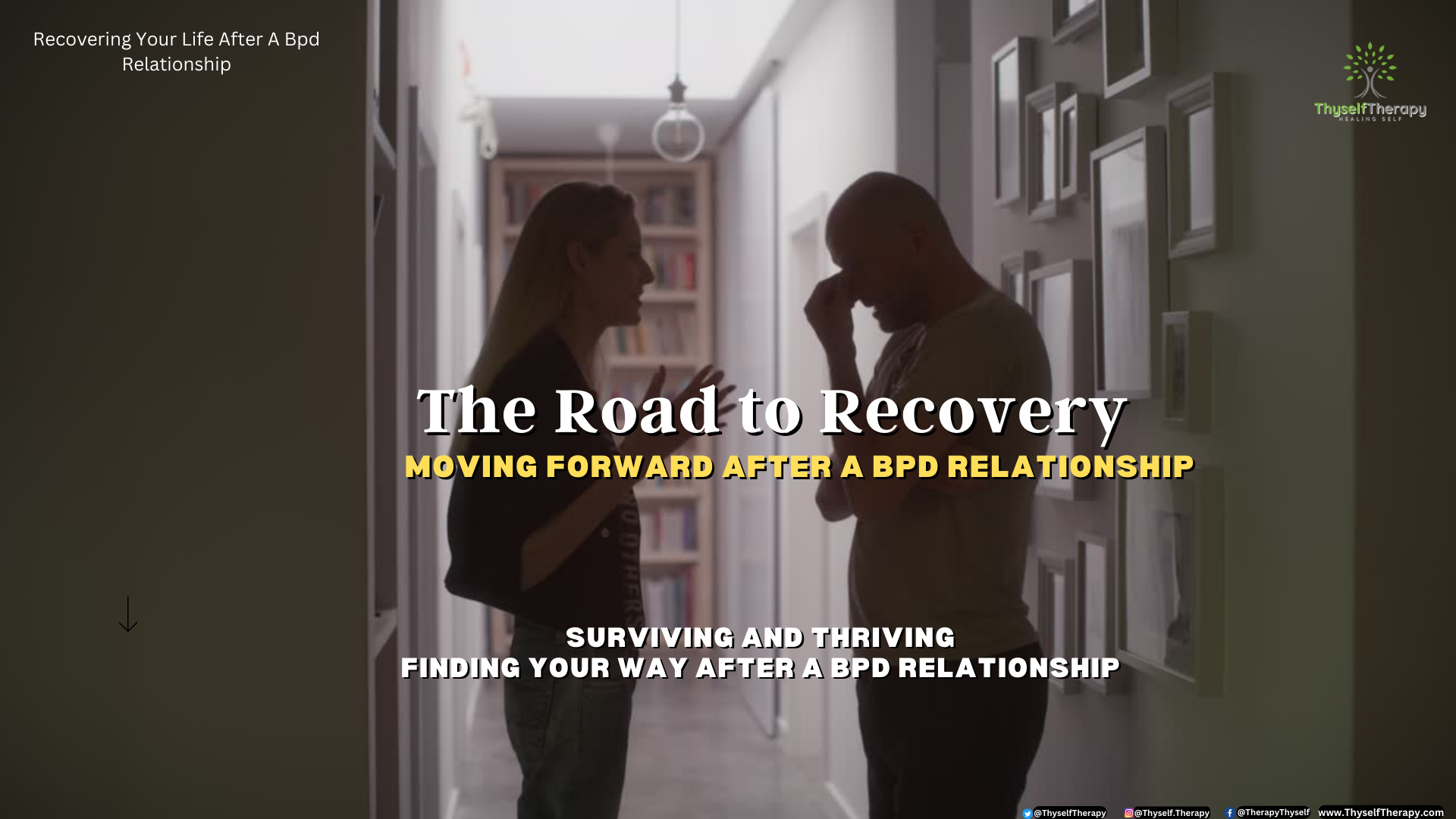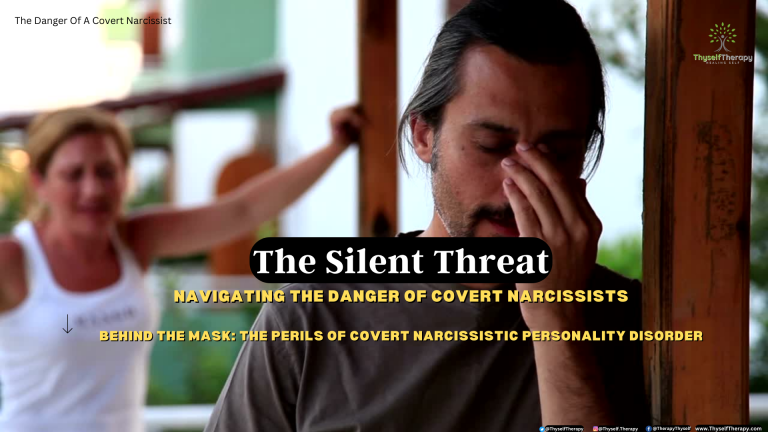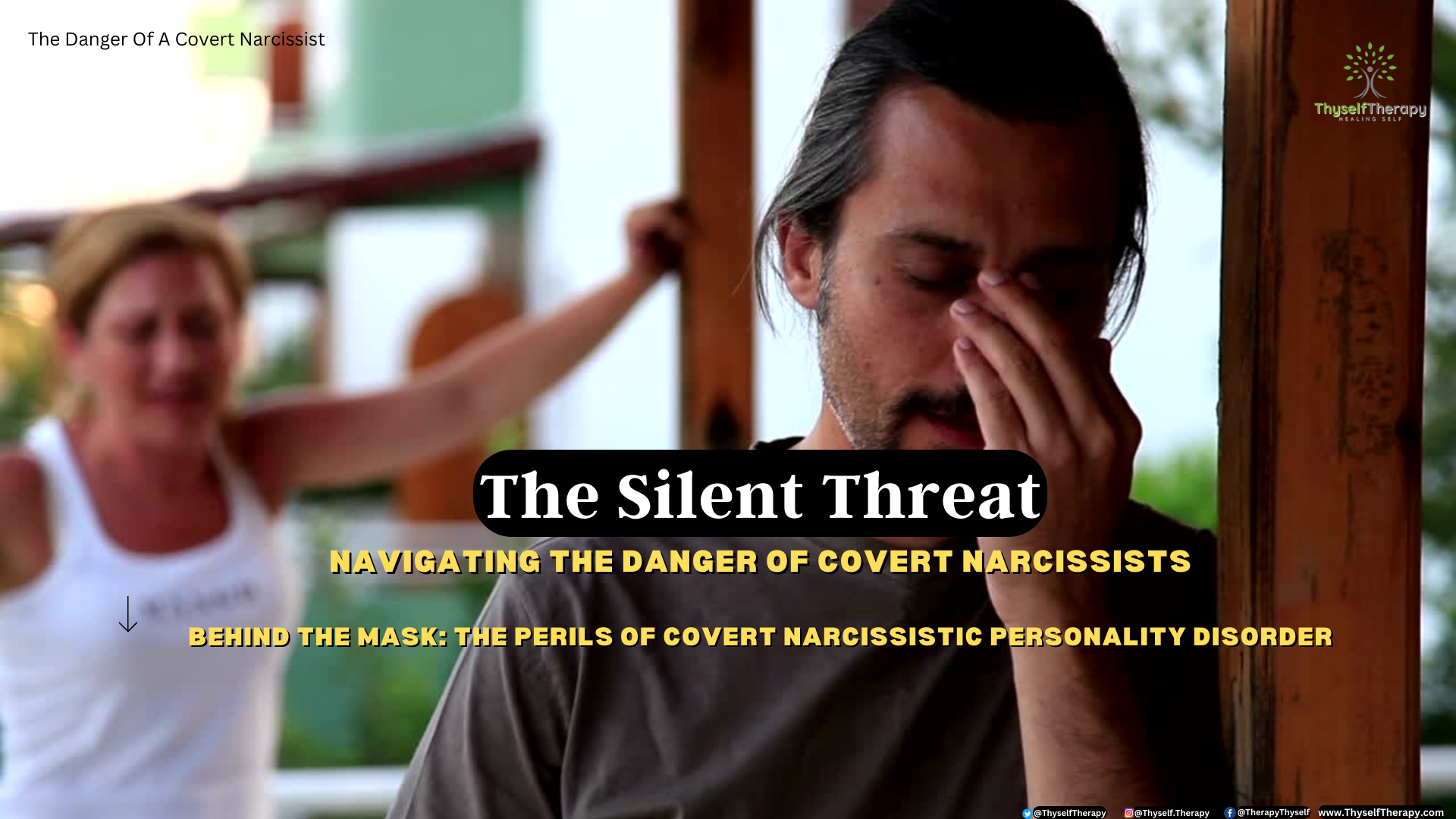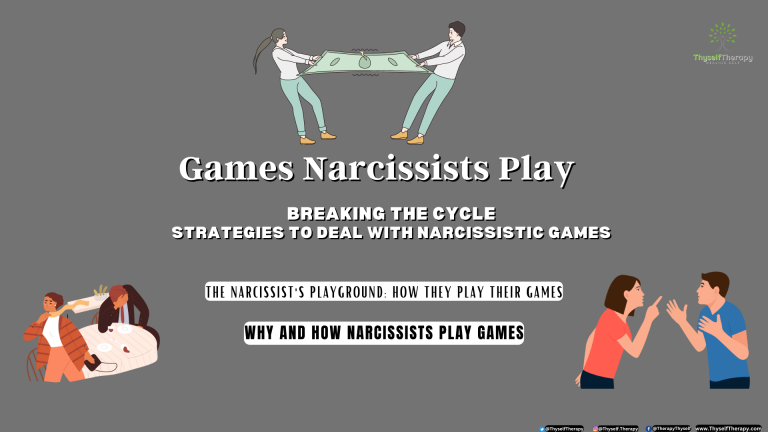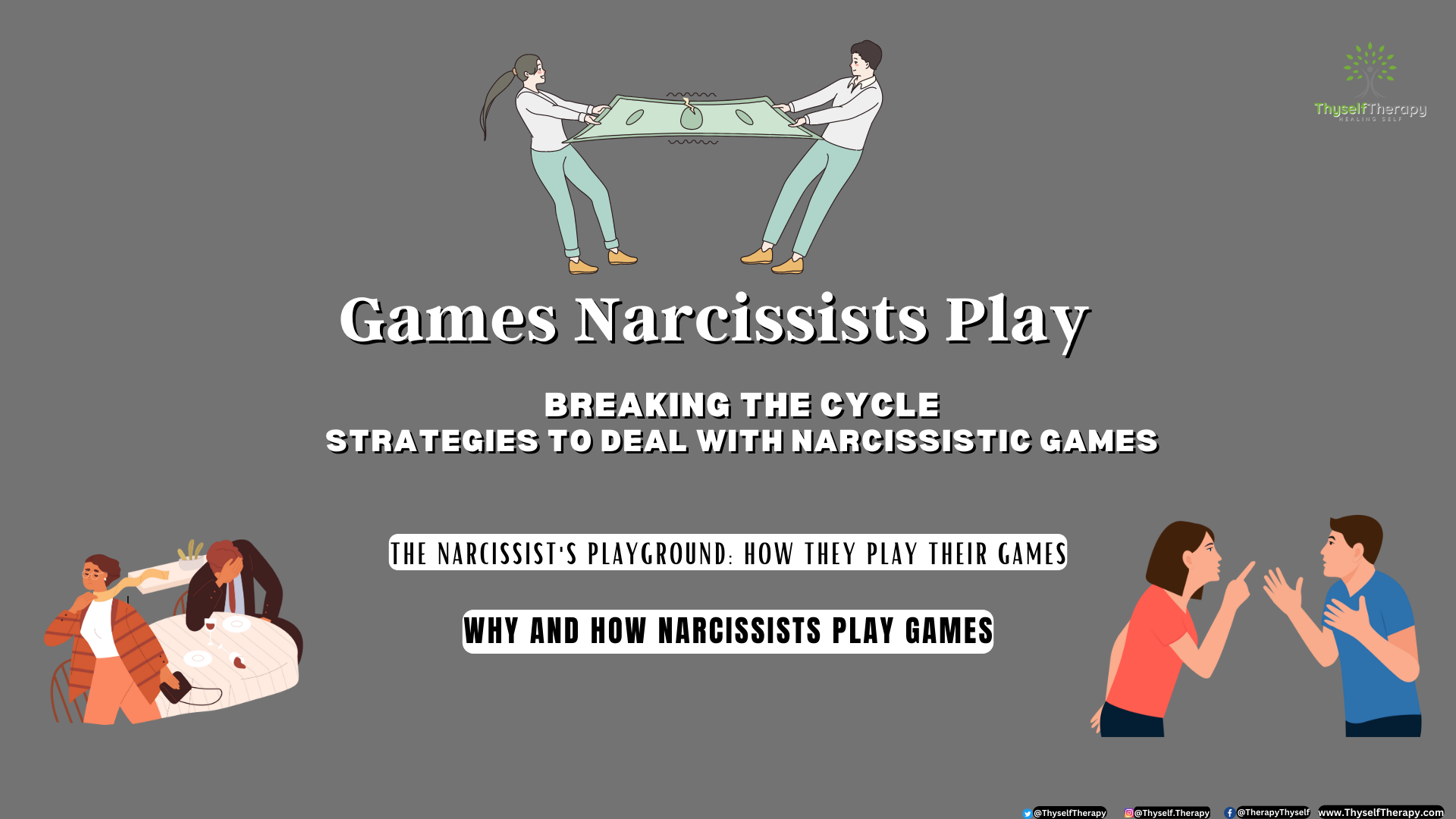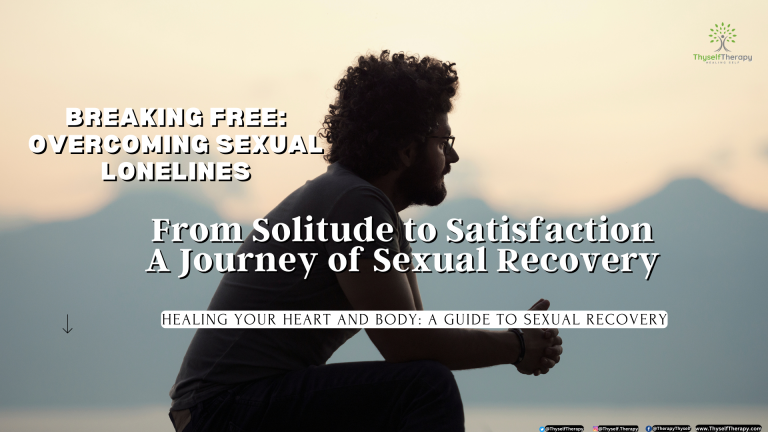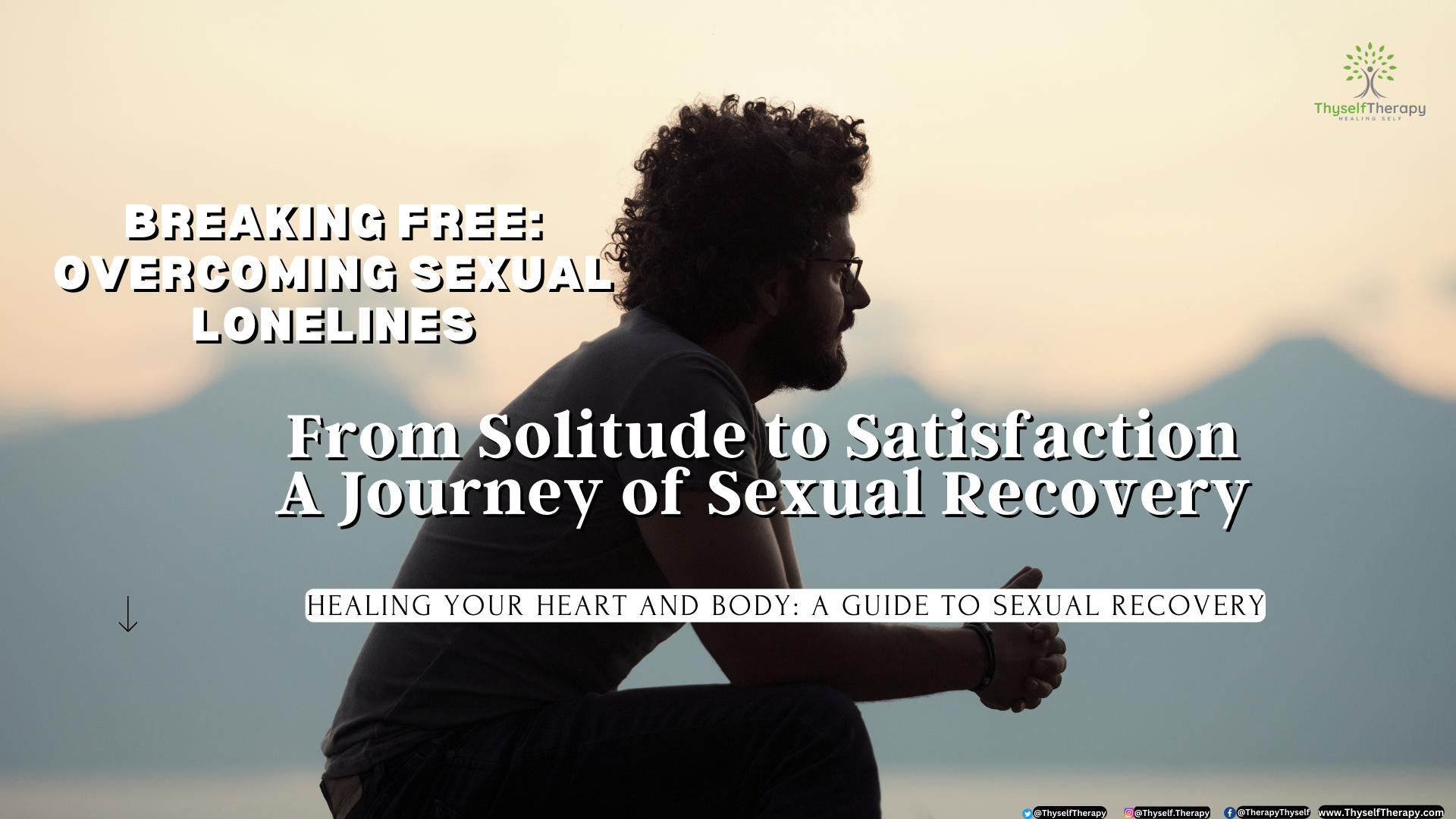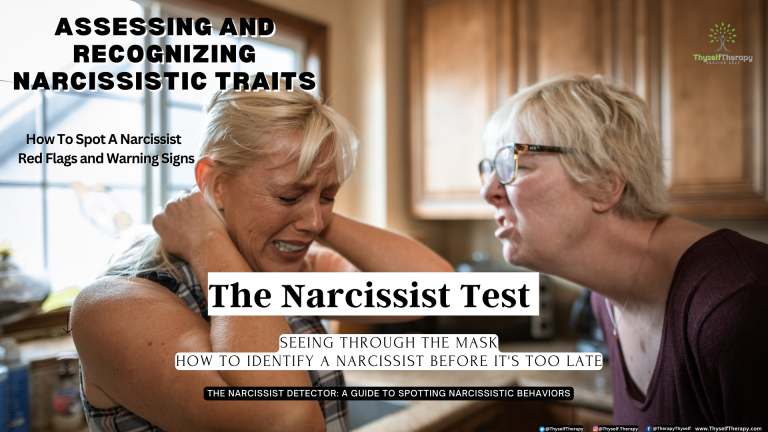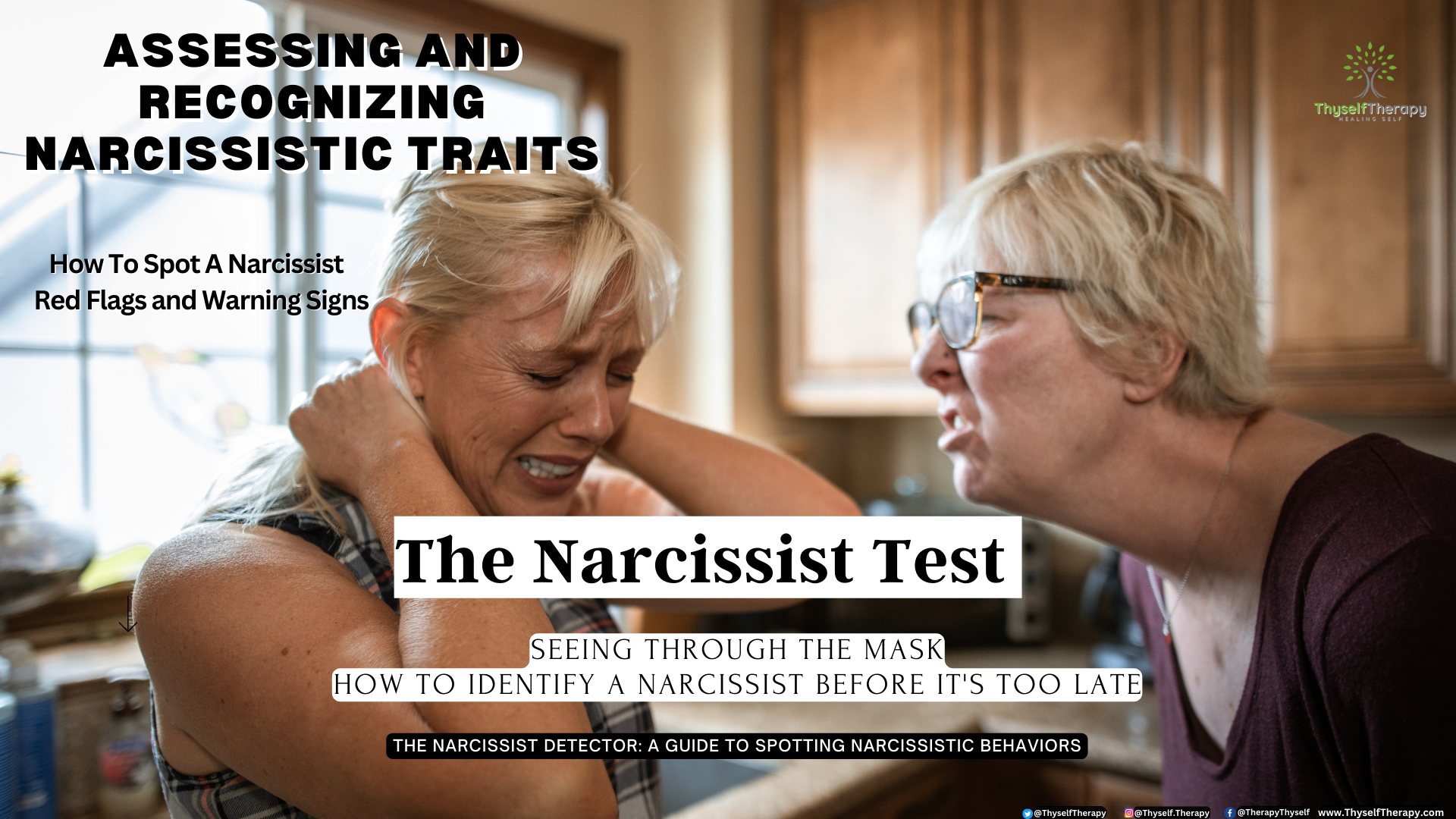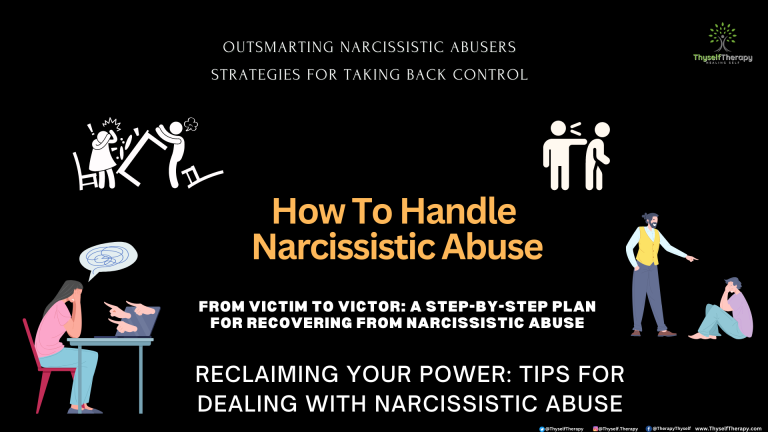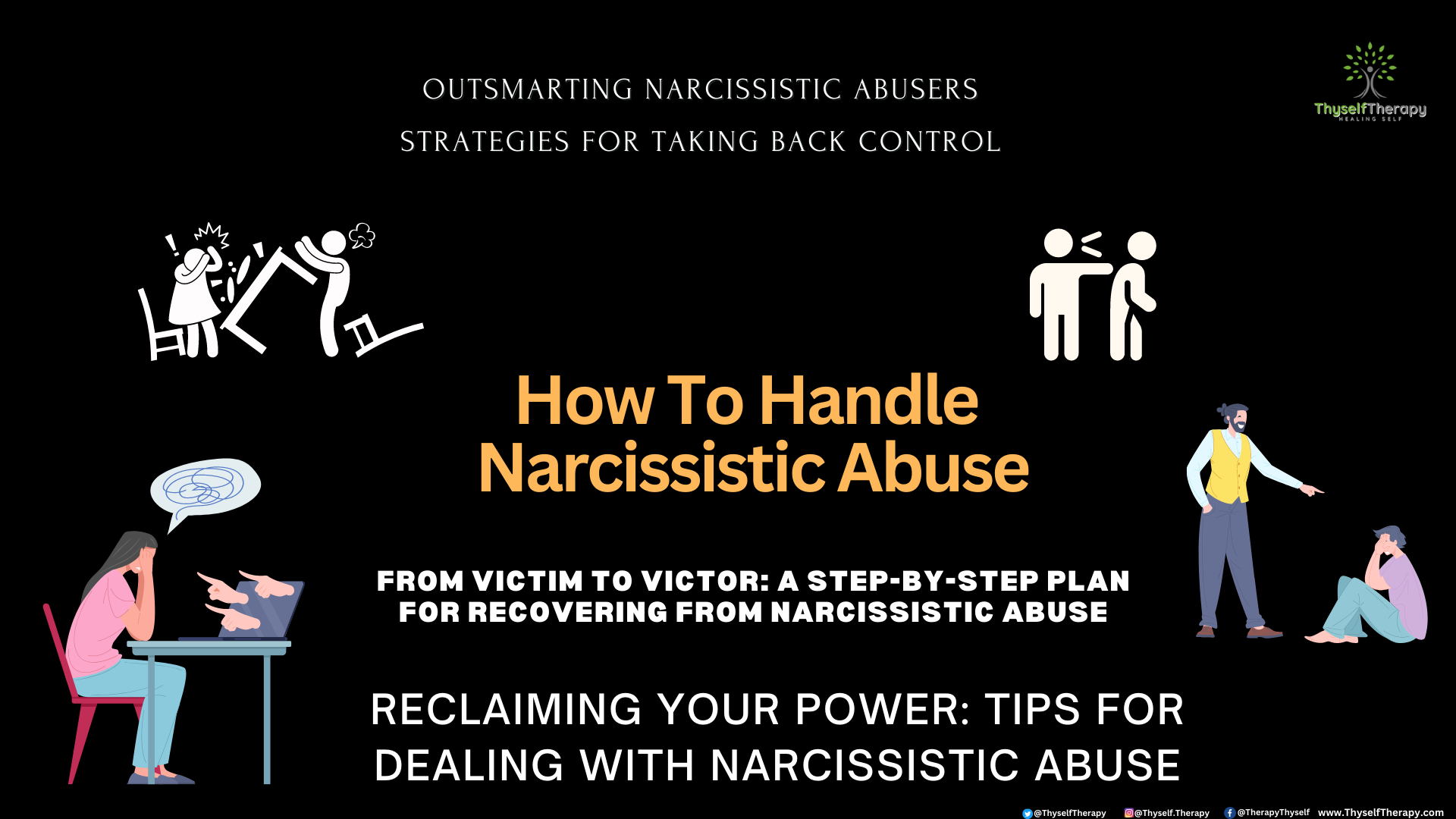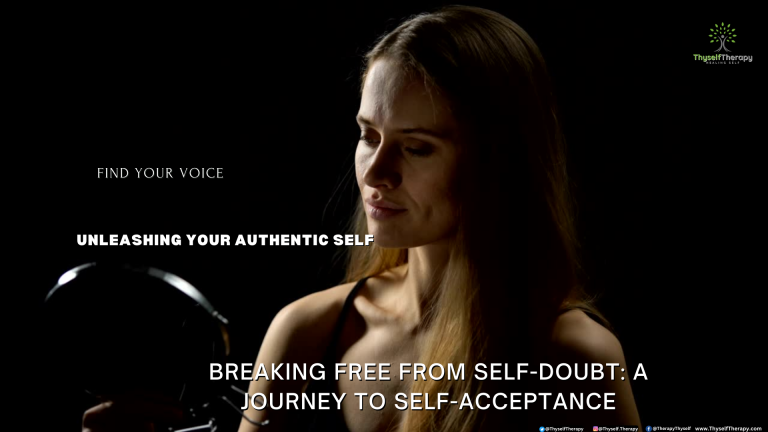Have you ever been in a situation where your ex wanted to get back with you? It can be both exciting and nerve-wracking. On the one hand, it’s nice to know that they still care about you and want to reconnect. But on the other hand, it can be hard to decide if getting back together is right for both of you. If your ex wants you back, there are certain things you should consider before diving into a relationship again. Thinking What Should I Do When My Ex Wants Me Back?
What Should I Do When My Ex Wants Me Back?
This article will discuss what to do when your ex wants to rekindle your romance. We’ll look at how best to approach this delicate subject so that any decision is well thought out and grounded in reality. We’ll also explore some tips for dealing with the emotional roller coaster that can come with such matters of the heart. Finally, we’ll talk about whether or not getting back together is really worth considering – and why! So don’t worry – no matter what happens, we’ve got your back!
The Nature Of The Relationship
When an ex wants to get back together, thinking deeply about the relationship’s history and former dynamics is important. A mutual understanding of why things ended is critical in assessing whether getting back together could be viable. Even if two people have found their way back into each other’s lives again, that doesn’t necessarily mean they should jump right back into a romantic relationship.
It’s essential for both parties to consider what went wrong before, as well as assess the current emotional connection between them. This evaluation process should include considering any potential changes that may need to be made to ensure better relationship dynamics this time around. If there are unresolved issues from the past or present, those must also be considered when deciding about reconciliation.
The key question here is not simply, “Do I still love my ex?” But rather, “Can our relationship work now?”. People change over time, and relationships can evolve with them – so assess how much has changed since the breakup and evaluate whether you’re really ready to try again. It’s important to recognize your feelings honestly and objectively to ensure you don’t jump into anything too soon without fully acknowledging all sides of the situation.
Considering these elements will give you more clarity on which direction would feel most authentic for you moving forward. From there, you’ll be able to decide if taking another chance at rekindling your bond might actually work out this time around – or if it’s best to leave it alone altogether. From here, we move on to assessing your feelings toward your ex.
Assessing Your Feelings
When an ex wants to get back together, assessing and understanding your feelings is important. It’s not just about the past or the potential future – you have to evaluate how you feel in the present moment too. Exploring these emotions can be difficult, but acknowledging them is key if you make a decision that feels true to yourself. Here are four steps for assessing your feelings:
- Reflect on why things ended before and what may have changed since then.
- Acknowledge any unresolved issues from the past or present that could affect your relationship now.
- Evaluate whether there’s still a genuine emotional connection between you two or if it has been lost over time.
- Think honestly and objectively about how ready you both are to try again, considering all sides of the situation fully.
By taking these elements into consideration, you’ll be able to understand better where your head is when it comes to getting back with an ex-partner – as well as gauge where they stand emotionally. You don’t want to jump into something without knowing exactly what kind of dynamics will come along with it this time, so exploring those answers first is necessary to ensure everything works out in the end (if that’s even possible). Now we move on to examining reasons for wanting reconciliation…
Examining Your Reasons For Return
When considering a reconciliation with an ex, taking time and assessing your motivations for coming back is essential. Everyone has reasons for wanting to return to a relationship, but these motives should be examined closely before making any decisions. Here are some things you can look into when examining your reasons for returning:
First, consider why the breakup happened in the first place and whether those issues have been addressed or could still cause trouble. If the same problems that caused difficulty remain unresolved, then this may not be the right situation in which to try again. Additionally, ask yourself if there is still genuine love between you that wasn’t present before or if it’s just familiarity that makes this attractive. It’s also important to consider what each person wants out of the relationship now.
- Do you both want similar things?
- Or have expectations changed since last time?
Ultimately, understanding your personal motives for wanting to get back together is paramount when deciding whether or not it will work out this time around. Rekindling something from the past isn’t always easy and often comes with its share of complications, so make sure you’re confident in why you want to do this before committing yourself fully. By considering all of these points while evaluating your feelings and intentions, you’ll be able to decide better whether getting back with an ex-partner is truly worth it. Now let’s move on to discussing setting boundaries and expectations.
Setting Boundaries And Expectations
Setting boundaries and expectations are key when rekindling a relationship with an ex-partner. Establishing clear limitations at the start of this process can help both parties feel safe and secure in their arrangement while also helping prevent misunderstandings. Here are some suggestions for boundary setting:
- Communication: Establish how often you will talk or text each other when you’re allowed to see each other and any topics that should be off-limits.
- Physical contact: Discuss what kind of physical affection (if any) is acceptable between you – from hugging and kissing to hand-holding and more intimate acts.
- Spending time together: Decide if you want to spend nights out together or take weekend trips away, and who pays for meals/activities when doing so.
- Social media usage: Talk about how much interaction either person has on social media platforms like Instagram or Twitter – such as liking posts or commenting on stories –and whether those activities will remain private.
Having honest conversations around these areas ensures that everyone involved feels comfortable with whatever decisions they make moving forward. This transparent communication helps establish trust within the relationship by demonstrating respect for each partner’s autonomy and needs. It also sets up realistic expectations right away based on mutual agreement rather than assumptions or unspoken rules, which could lead to confusion later on. That said, let’s turn our attention toward establishing trust and honesty…
Establishing Trust And Honesty
Do you wonder how to build trust and honesty with your ex? After all, it’s clear that if the relationship is going to stand a chance of being resurrected, both parties need to feel safe sharing their thoughts and feelings. But where do you begin?
One way to establish trust and honesty between you two is by having honest conversations about each other’s expectations from this renewed relationship. This includes topics such as what kind of boundaries should be set, how often communication will occur, and any other issues that may arise over time. These open discussions allow for mutual respect while providing emotional safety for both of you.
When engaging in these conversations, it’s important to practice active listening – which involves understanding what the other person says and reflecting back on those words to ensure they were interpreted correctly. Doing so, it helps create a sense of emotional healing within the relationship since there won’t be any misunderstandings or miscommunications down the line due to assumptions or unspoken rules. It also allows for increased intimacy as both partners can openly share their true feelings without fear of judgment.
Getting vulnerable like this isn’t easy; however, it’s necessary if both people are serious about rebuilding trust and developing honest communication. Doing so will help lay solid foundations for future interactions and give everyone involved more confidence moving forward. Now let’s move on to talking through your differences.
Talking Through Your Differences
When it comes to talking through your differences and discussing disagreements, communication is key. Focusing on understanding each other is important rather than trying to win an argument or prove a point. That means both sides should ensure they’re actively listening and not just waiting for their turn to talk. This can be difficult when emotions are running high, but it’ll help you stay focused on resolving any issues.
Resolving arguments also requires some level of compromise from both parties involved. No one person has all the answers, so be willing to listen to what the other person has to say is essential to come up with solutions together. You don’t have to agree completely, but finding common ground can go a long way toward navigating conflict without damaging your relationship further.
It’s equally important that everyone feels heard during these conversations; this means allowing space for expressions of anger and moments of vulnerability while still validating each other’s feelings along the way. Offering gentle reassurance and reminders that you two will figure things out together no matter what happens, can bring much-needed comfort during difficult times.
For a reconciliation between you two to happen, it’s necessary for genuine effort and understanding from both sides – something that doesn’t always come easily at first but is worth the effort nonetheless. Once mutual respect has been established again, true healing can begin – starting with grieving over past hurts before looking ahead towards brighter days ahead.
Allowing Yourself To Grieve
Like a storm cloud rolling in, grief can feel overwhelming when it’s first felt. To cope with the powerful emotions of losing something dear to you, allowing yourself to grieve is key. Acknowledging your positive and negative feelings will be essential to your healing journey. It may be uncomfortable sometimes, but accepting these emotions as they come is necessary to ultimately accept the situation.
The grieving process looks different for everyone; some prefer to take time alone, while others find solace in talking things out with friends or family. The important part is finding what works best for you and not forcing yourself into any particular method if it doesn’t bring peace. You have permission to cry, laugh, talk loudly – whatever helps you express your feelings without judgment from anyone else.
It’s also helpful to remember that sadness isn’t always synonymous with grief; there are moments of joy along this path too. Setting aside time each day to do something special for yourself can provide a much-needed reprieve from the difficult days ahead by boosting your mood and giving you hope for better times. Whether taking a walk outside or listening to music, don’t forget that life still has little pleasures, even during hard times like this one.
In addition to self-care activities, having someone available for emotional support who understands exactly where you’re coming from can make all the difference in easing the weight of grief off your shoulders and helping you move forward more confidently through recovery. Asking for help isn’t wrong; sometimes, it takes another person’s perspective to gain insight into our own experiences to learn valuable lessons and grow stronger.
Seeking Professional Support
It’s not always easy to ask for help. But when dealing with the end of a relationship, seeking professional support can be an invaluable source of healing and closure. Mental health professionals are trained in understanding complex emotions and providing comprehensive advice on approaching difficult topics such as breakups. Not only will they equip you with coping mechanisms tailored to your unique situation, but they also provide a safe space for open communication about any thoughts or feelings that arise along the way.
Whether engaging in one-on-one counseling sessions or attending group therapy classes, these services offer an opportunity to gain helpful insight into what led to the breakup and how best to move forward. Here is a list of potential resources available:
- Relationship Advice – Seeking advice from experts who specialize in relationships can provide valuable input into making better decisions going forward.
- Counseling Services – Professional counselors are equipped with tools and techniques designed to help individuals process their experiences and understand them more deeply so they don’t repeat past mistakes.
- Support Groups – Joining online forums or local groups dedicated to discussing similar issues allows people to connect with others who have gone through similar situations and share their stories without fear of judgment or criticism.
While each option has its own benefits, it’s important that you find something which feels most comfortable and natural for you personally; after all, no two people experience grief exactly alike. With this in mind, take some time researching different services before committing to anything long-term – if needed, consult friends or family members whose opinions you trust before deciding on a plan of action moving forward with recovery efforts.
Making A Plan To Reconnect
As the old adage goes, “Fool me once, shame on you; fool me twice, shame on me.” When reconnecting with an ex-partner, planning how to do so in a mutually beneficial way is essential. With careful consideration and honest communication between both parties, rekindling a relationship can be undertaken safely – but only if each person takes responsibility for their own emotional well-being throughout the process.
Before reaching out or committing to any reunion, take time away from one another to think about what went wrong in the past and why it didn’t work out then. Was there an unresolved conflict that needs addressing? Have circumstances changed since that could create more favorable conditions now? Are both partners ready and willing to put forth effort into mending bridges? Asking yourself these questions honestly will help determine whether this reconciliation is worth pursuing further.
If, after some soul searching, it’s determined that reconnection may be possible, set boundaries early on about expectations and establish protocols for how disagreements should be handled going forward. Agree upon limits together by discussing topics such as frequency of contact or acceptable ways of expressing emotions when upset – doing so safeguards against avoidable hurt feelings later down the road. Additionally, make sure to define what success looks like for everyone involved; having clear goals ensures both individuals get something positive out of their interactions while also providing safety measures should they decide not to remain friends afterward.
Finally, remember that no matter which route you choose moving forward – staying apart or reuniting – there’s always room for growth and learning from your experiences no matter where life takes you next!
Preparing For Potential Conflict
Having a plan for handling potential conflict is just as important as deciding whether or not to reconnect with an ex-partner. With that said, it’s essential to prepare ahead of time so that disputes can be navigated calmly and resolved quickly when they arise.
Creating dispute resolution protocols is one way to navigate arguments without resorting to hurtful words or actions. This could include having set rules about avoiding name-calling and taking breaks from conversations if emotions become too heated. Additionally, agreeing upon specific strategies for calming down during tense moments – such as deep breathing exercises or walking together – will make it easier to cool off and have productive discussions afterward.
It’s also important to never forget why you decided to reunite in the first place; focusing on this shared goal often helps keep disagreements from becoming personal attacks between partners. If needed, take a few minutes apart occasionally when things get overwhelming, as this provides much-needed alone time for each person involved. Doing so allows them to reset their perspectives before reentering conversations without lingering resentments getting in the way of finding common ground again.
While conflict is inevitable no matter what form your relationship takes, understanding how both parties are willing and able to work through issues together makes all the difference when navigating difficult situations. Keeping these considerations at heart while forming new connections – old or otherwise – serves everyone well!
Avoiding Reverting To Old Habits
Ah, the dreaded task of trying to avoid reverting to old habits when reconnecting with an ex. It’s a daunting challenge that many couples face and usually requires serious dedication and effort if you want it to work out this time. For starters, identifying any bad patterns in your previous relationship can help both partners better understand why things fell apart before. This could include anything from lack of communication to difficulty trusting one another – no matter what the issue was, being honest and open about mistakes made is key for rebuilding trust between two people.
Once these problems have been identified, the next step is creating new ways of communicating and building healthier habits together. This means staying accountable for words said or actions done, discussing issues calmly without resorting to arguments; also taking responsibility for past wrongdoings, and finding healthy outlets for releasing frustrations are all important factors in maintaining a successful connection now. Taking breaks away from each other during times of stress can be beneficial, too; going out with friends or giving yourself a few moments alone can often reset perspectives quickly so that conversations can resume in more positive directions afterward.
It’s easy enough to promise big changes, but following through on them is where most relationships struggle – especially post-breakup ones! That’s why having daily check-ins and reminders about how both parties are doing emotionally helps keep everyone focused on their individual goals while working towards the shared objective: A stronger bond than before! Additionally, establishing rewards systems (i.e., “If we make it one month without arguing then we’ll do something special together”) incentivizes sticking it out even when challenges arise.
These small steps may seem trivial at first glance, but over time, they create strong foundations for lasting connections between former flames who are ready to give love another shot ,that is, if they’re willing to commit wholeheartedly!
Building New Ways Of Communicating
Having an open and honest dialogue is the key to creating a strong bond between two people. However, it’s easy for conversations to take a wrong turn if both parties aren’t mindful of their communication techniques – especially when talking about delicate topics! Constructive dialogue requires both partners to be aware of non-verbal cues while expressing themselves, avoiding defensive body language or aggressive tones that can quickly escalate tensions instead of resolving them. It also helps to practice active listening skills by paying attention to what your significant other has to say without interrupting or jumping in with assumptions before they’re finished speaking their piece.
When conflicts arise (which inevitably will!), incorporating conflict resolution strategies such as compromise and mutual respect are essential for keeping arguments from becoming full-blown fights. This includes taking turns sharing each point of view without belittling one another – even though this may be difficult at times! Additionally, using positive reinforcement during disagreements reinforces healthy communication habits, often leading to better outcomes than simply trying to ‘win’ every argument.
At the end of the day, couples must remember that no relationship is perfect and there will always be issues that need addressing – but having a game plan ahead of time sets everyone up for success. That said, it’s important not to forget why you got back together in the first place: Love! A shared appreciation for one another should never be overshadowed by any negative feelings, so make sure both parties don’t lose sight of just how special their connection truly is.
By recognizing problems early on and implementing these tips into daily life, couples can build new communication methods to help keep relationships stronger than ever!
Working On Compromise And Mutual Respect
To create a strong foundation for any relationship, couples must be willing to work on a compromise and mutual respect. This involves being conscious of each other’s feelings while making decisions together and recognizing the importance of respecting boundaries regarding personal space or topics one may not feel comfortable discussing. Additionally, open communication is essential for strengthening connections between two people; this includes actively listening without judgment or assumptions and speaking freely without fear of criticism from your partner.
To make sure both partners are on the same page in terms of expectations, here are four steps that can help keep relationships healthy:
- Establish realistic goals – Whether attending weekly date nights or having regular check-ins with one another, setting clear objectives helps ensure everyone involved is satisfied with their connection.
- Learn how to communicate effectively – Expressing oneself honestly and openly creates an environment where issues can be addressed head-on instead of letting them fester into bigger problems later.
- Respect each other’s needs – Everyone has different wants and desires, which should always be considered before making big decisions!
- Make time for yourselves – It’s important for couples to carve out quality alone time, so they don’t forget why they love each other in the first place.
By taking these tips seriously, individuals will have gone to great lengths to create a secure bond built on trust and intimacy that stands the test of time. Developing healthy coping strategies within relationships allows us to grow stronger as we go forward together.
Developing Healthy Coping Strategies
It’s no secret that relationships can be hard work, but having the right coping strategies in place to handle any bumps along the way is key. From mental health maintenance and emotional stability to healthy communication practices and self-care, developing these habits early on will help maximize your chances of success. Though it may seem daunting at first, with a little effort, anyone can create an environment where their needs are met and respected by their partner.
When it comes to effective coping strategies, one must start within themselves; this includes engaging in activities such as mindfulness or journaling, which allows us to gain insight into our thoughts and feelings without judgement from outside sources. It also helps build resilience when things don’t go according to plan – instead of bottling up emotions or lashing out in anger, we can take a step back and think through how we would like to react before acting on impulse.
Healthy communication between two people is another important factor when cultivating successful relationships; this means understanding each other’s point of view while still respecting boundaries if either person feels uncomfortable discussing certain topics. Additionally, couples should aim to set realistic expectations when making decisions together, so both parties feel heard and appreciated for their contribution.
Finally, taking care of oneself should always come first above all else; whether setting aside time for hobbies or getting enough sleep every night, prioritizing personal well-being is crucial in keeping relationships alive and vibrant over the long haul. You’ll soon discover how powerful they are by committing yourself to these practical yet necessary steps.

Moving Forward With Or Without Your Ex
The decision to move forward with or without your ex can be difficult, but ultimately it should come down to mutual respect. If both parties are willing and able to work on their relationship honestly and openly that takes into account each other’s needs, then there is potential for reconciliation. On the other hand, if either person feels unappreciated or disrespected by the other, then it may be best to pursue different paths.
No matter what path you choose, having healthy coping strategies will help immensely when dealing with anger, sadness, or frustration that may arise during this process. Here are three tips for staying grounded while navigating through complicated emotions:
- Take time away from the situation – even just 5 minutes spent outside taking deep breaths can do wonders for calming our minds.
- Talk things out with a trusted friend or family member – they can provide a valuable perspective, which we often overlook in moments of distress.
- Practice self-care – engaging in activities such as yoga and journaling allow us to check in with ourselves and focus on our own well-being.
Healthy communication is also essential throughout this journey, no matter where it leads. This means speaking up about how you feel so that misunderstandings can be avoided before they take root and damage the trust between two people. Be sure not to expect too much from yourself right off the bat, though – sometimes patience is required before real progress comes along! It’s important to remember that everyone moves at their own pace when healing from a broken relationship.
By following these steps, making decisions based on respect for oneself and others becomes easier over time. Although relationships require effort from all involved parties, investing energy into pursuing happiness however you see fit is always worthwhile.
Frequently Asked Questions
How Do I Know If It’s A Good Idea To Get Back Together With My Ex?
Reuniting with an ex can be a difficult decision to make. While it may feel exciting and tempting at the moment, many factors should be taken into account before moving forward. Evaluating your past relationship, understanding the pros and cons of getting back together, and assessing whether you’re emotionally ready for this commitment are all important steps when considering reuniting with an ex.
When evaluating your past relationship, consider what caused the two of you to break up in the first place. Were there any unresolved issues or toxic dynamics between you? If so, how have those changed over time? It’s also helpful to think about why you want to give the relationship another chance; is it because things were really good at one point or because circumstances have changed since then?
The pros and cons of reuniting with an ex also need to be carefully weighed out. On the one hand, being in a familiar environment can help foster security and provide comfort during times of stress. But on the other hand, if either party has grown too attached to certain habits or routines, that could lead to conflict instead of connection. To get a better understanding of both sides, here are some points worth contemplating:
- Pros: The familiarity of your past relationship may offer stability through shared interests and activities; reliving old memories can bring joy; having someone who already knows you provides support during tough times.
- Cons: Unresolved conflicts from previous breakups may resurface; bad communication patterns might repeat themselves; existing trust issues cannot always be overcome quickly.
- Evaluation: Taking stock of these considerations will assist in making an informed decision about whether reuniting with an ex is best for both parties involved.
Deciding whether now is the right time for such a move requires honest self-reflection about where each person stands emotionally regarding their readiness for such a commitment. Rekindling relationships after long periods apart often means navigating new territory without prior guidance, which can cause anxiety or fear. That said, if both people feel secure enough in their feelings about each other, then taking this leap may add value and open doors for even deeper connections going forward. Ultimately, being aware of potential pitfalls while still holding onto hope will aid greatly in determining whether reuniting with an ex is beneficial or detrimental overall.
What Are The Risks Of Getting Back Together With My Ex?
The thought of reuniting with an ex can be enticing, but there are risks to consider. What are the dangers of getting back together with your ex? It’s important to weigh the pros and cons before deciding whether or not a reunion is right for you.
When rekindling an old relationship, many people overlook the potential issues that could arise from such a decision. Getting back together with one’s ex-partner involves more than just going on dates and having fun – it means opening up both emotionally and physically, as well as accepting any consequences that may follow.
It’s essential to remember that although life can seem perfect when two people fall in love again, what was once broken cannot always be repaired so easily. Reuniting carries its own set of risks; if things don’t work out the second time around, this failure could have far-reaching effects on both partners involved. Ex-relationships come with unique problems – financial strain due to shared resources, unresolved trust issues from past betrayals, and difficulties communicating effectively.
Before committing yourself fully to a new relationship dynamic, take some time to reflect on what has happened between you two in the past and how those experiences might impact your future together. Consider all aspects of reuniting:
- Will it bring joy or sadness?
- Will it provide healing or create further pain?
Asking these questions honestly can help protect against serious repercussions down the line.
Ultimately, only you know what’s best for your situation. Weighing out the risks versus rewards associated with getting back together with your ex will ensure that your choice is based on a clear understanding of where each person stands emotionally and psychologically within this union.
How Do I Know If My Ex Really Wants To Be With Me?
When your ex wants you back, it can be tricky to tell if they really mean it. It’s important to understand their intentions before making any decisions that could have serious repercussions in the future. So how do you know if your ex really wants to be with you? There are a few signs that can help gauge whether or not this is true:
Firstly, pay attention to body language – what does it say about their feelings towards you? Are they smiling when they look at you, leaning into conversations, and maintaining eye contact? Secondly, take note of what they say when talking to other people. If they mention positive things about you when speaking with others, this could be a sign that there’s still something between you. Thirdly, consider the words coming out of their mouth directly to you – are they apologizing for past mistakes or expressing regret over how things ended?
If these three traits appear together in your interactions with them, then chances are high that your ex wants to get back together with you. This knowledge should give you more confidence and clarity on where things stand between both parties so that informed decisions can be made without regrets later on.
But even after examining all these signs carefully, there is no guarantee that your relationship will last forever – only time will tell if getting back together is the right choice for both of you. Therefore, it is essential to delve deeper into why exactly each party is compelled by reuniting and examine potential risks associated with rekindling old flames. Only by doing so can one truly understand if this step forward would lead to long-term happiness or short-term satisfaction.
Ultimately, knowing if your ex wants to come back requires trust and communication from both sides – try having open and honest discussions about expectations and hopes for the future before deciding on a course of action; such conversations may provide insight needed for an informed decision-making process!
How Do I Know If I Have Moved On Enough To Get Back With My Ex?
Making the decision to get back with an ex is never easy. It requires a lot of self-reflection and introspection, often leading us to ask ourselves if we have moved on enough from our former relationship. Knowing when you’re ready can be difficult, but there are ways to tell.
One way to know whether or not you’ve moved on enough is by looking at how much time has passed since your breakup. If it’s been two months and you still feel like you haven’t gotten over it, perhaps now isn’t the right time for reconciliation. However, if six months have passed and you’re beginning to feel more settled, this could indicate that maybe getting back together would work out better than before.
Another factor to consider when deciding if you’re ready for a reunion is understanding why your relationship ended in the first place. Was it due to a lack of communication or trust issues? Having clarity about what went wrong will help determine whether these same problems will persist in any potential future relationships or if they can be resolved this time around.
It’s also important to take into account both parties involved. Is your ex willing to make changes so as not to repeat past mistakes? Can they promise that their feelings won’t change anytime soon? Ultimately, knowing if one has moved on enough comes down to feeling secure within oneself and being sure that no matter what happens going forward, everything will turn out okay either way.
What If My Ex Isn’t Willing To Compromise Or Respect Me?
When getting back together with an ex, compromise, and respect are key. If your ex isn’t willing to meet you halfway or show you the respect that a relationship deserves, it may not be worth pursuing a reunion. Not respecting boundaries or refusing to compromise can lead to further heartache and disappointment. Here’s what to consider when your ex is not willing to compromise or respect you:
- Evaluate whether this behavior has always been present in your past relationships. This will help you decide if his/her unwillingness to compromise or lack of respect stems from something within him/herself or if it’s just part of their current attitude towards the situation.
- Consider how much effort they put into getting back together with you. Are they invested in making things work again? Or do they want the same thing without putting effort into rebuilding trust?
- Consider why this person was important enough for you two to try reconciling after all these years—and ask yourself if these behaviors were there before. It’s possible that this could be a sign that s/he doesn’t really care as much as they say they do, and it might be best for both parties involved if they don’t pursue reconciliation until s/he shows more signs of being ready for one.
- Ask yourself if this person respects other people in their life (friends, family members, etc.). People who have difficulty showing respect for others may struggle with understanding appropriate boundaries and respecting those close to them, including former partners.
Getting back together after some time apart can be exciting but also nerve-wracking. Before deciding on whether or not getting back together with an ex is right for you, make sure that both sides are committed to compromising and respecting each other first – because sometimes love isn’t enough. Ultimately, only you know what’s best for yourself, so take the time to assess your feelings carefully before jumping headfirst into anything.
Conclusion
Getting back together with your ex is a difficult decision to make. It’s easy to be tempted by the idea of getting another chance at love, but it’s important to consider all risks before making this choice.
The best way to decide if you should take the plunge and get back together with your ex is to consider whether they are truly willing to respect and compromise with you. If not, then there may be no point in trying again because, ultimately, relationships require both partners to be on the same page for things to work out.
Like any relationship, getting back together with an ex is like walking across a tightrope; one misstep can cause disaster. Before taking that step onto the rope, take some time to reflect if it’s really worth risking everything for a second chance at love. If, after careful thought, you still feel strongly enough about your ex and believe that they have changed since your breakup, go ahead and try it! After all, life without risk is like sailing without wind – nothing happens until something moves.


